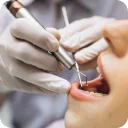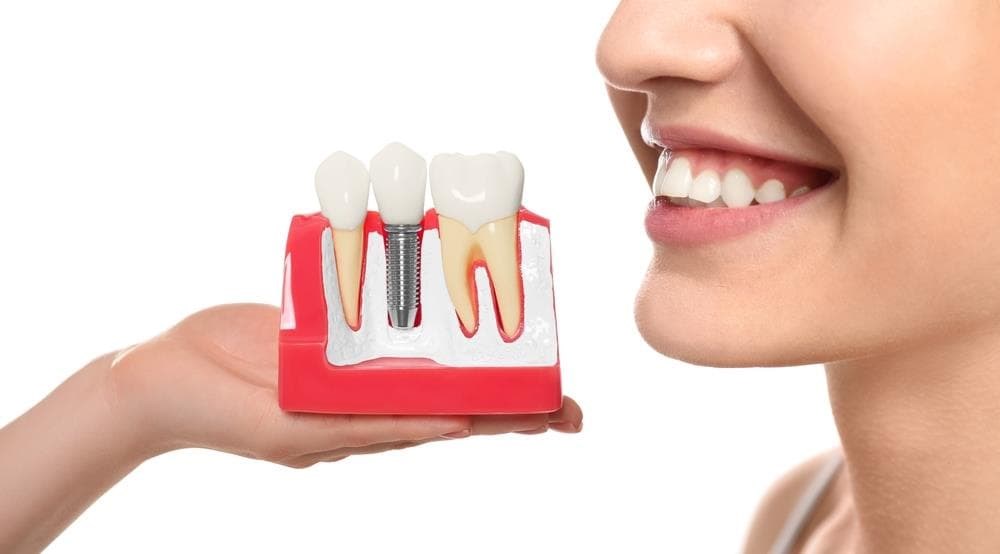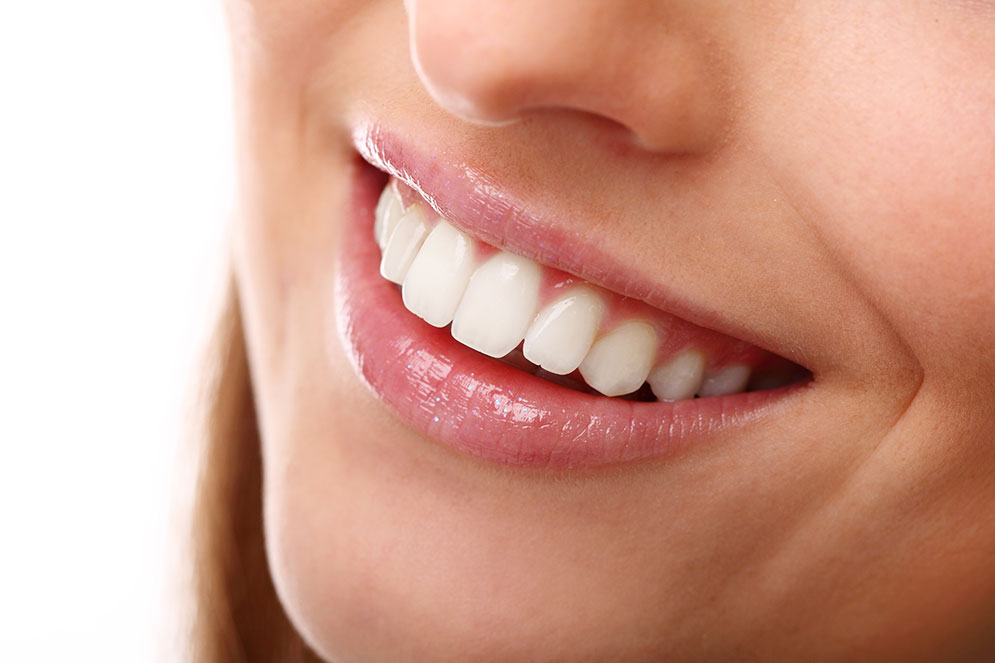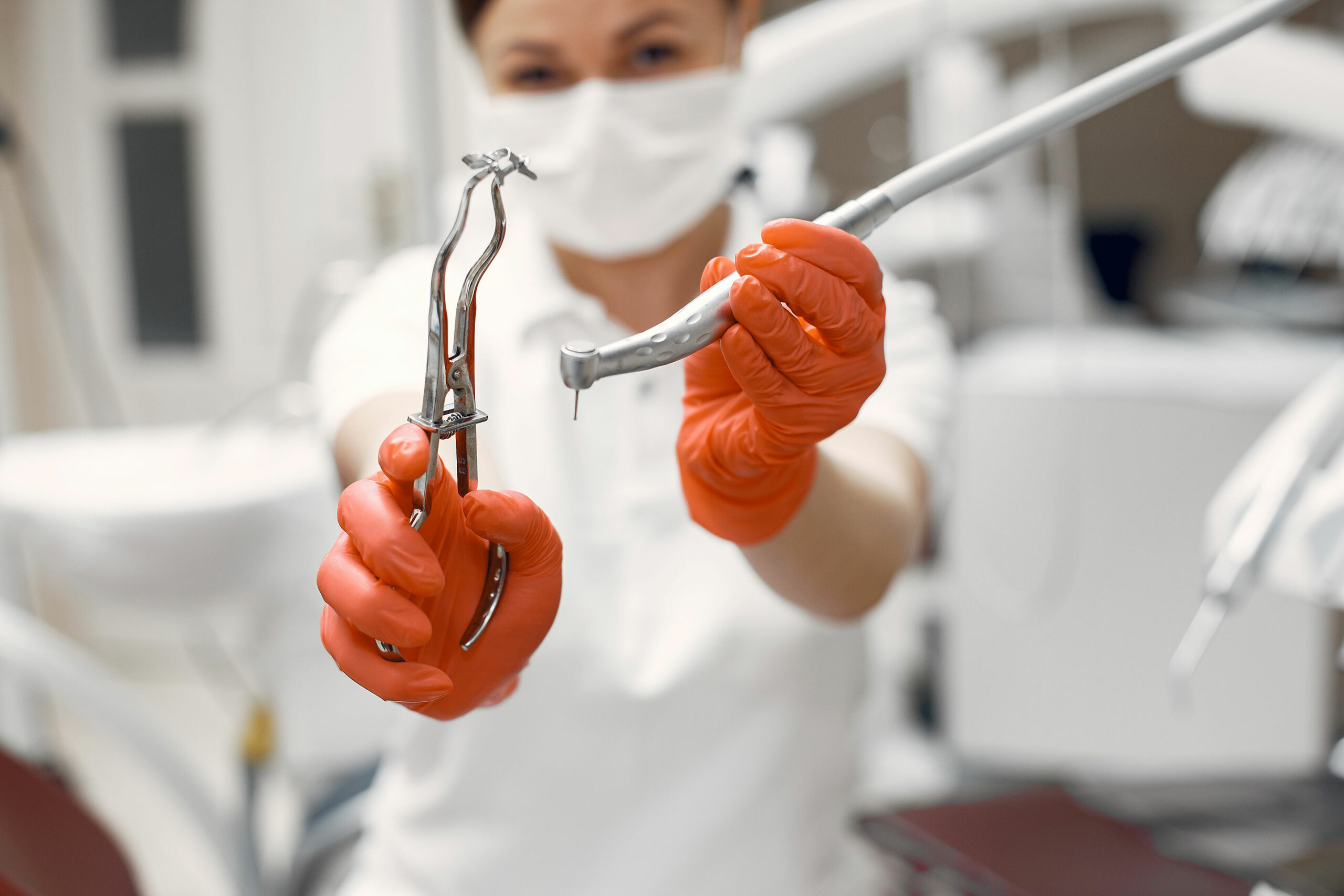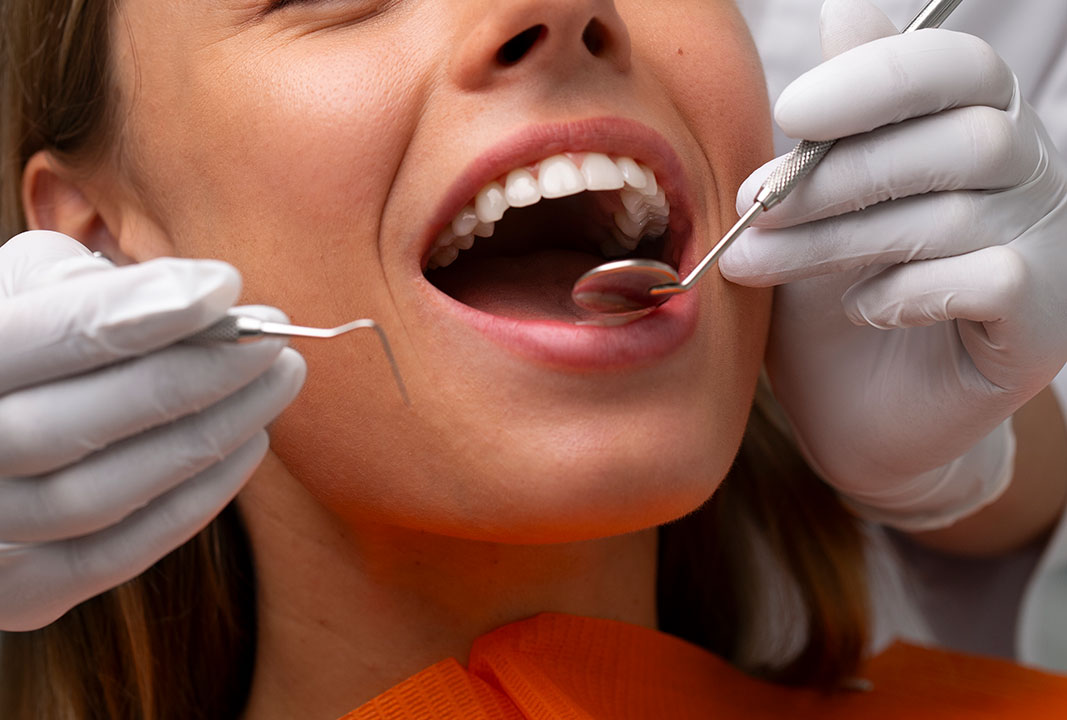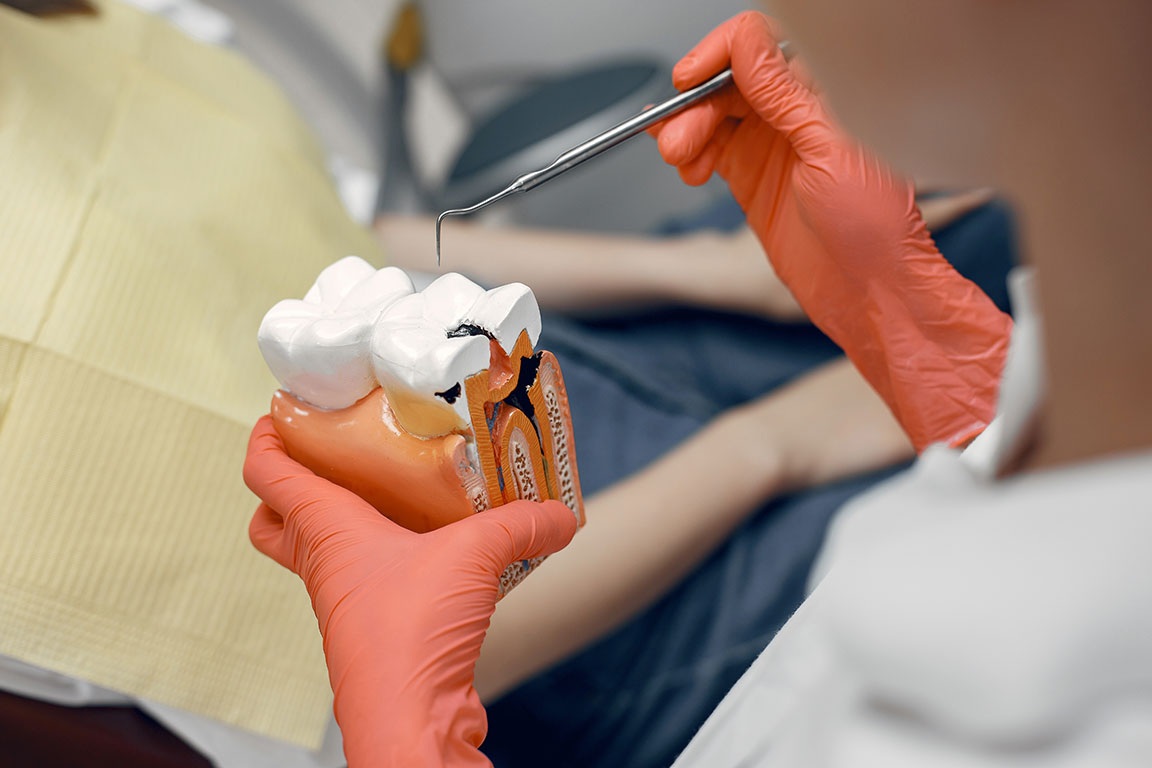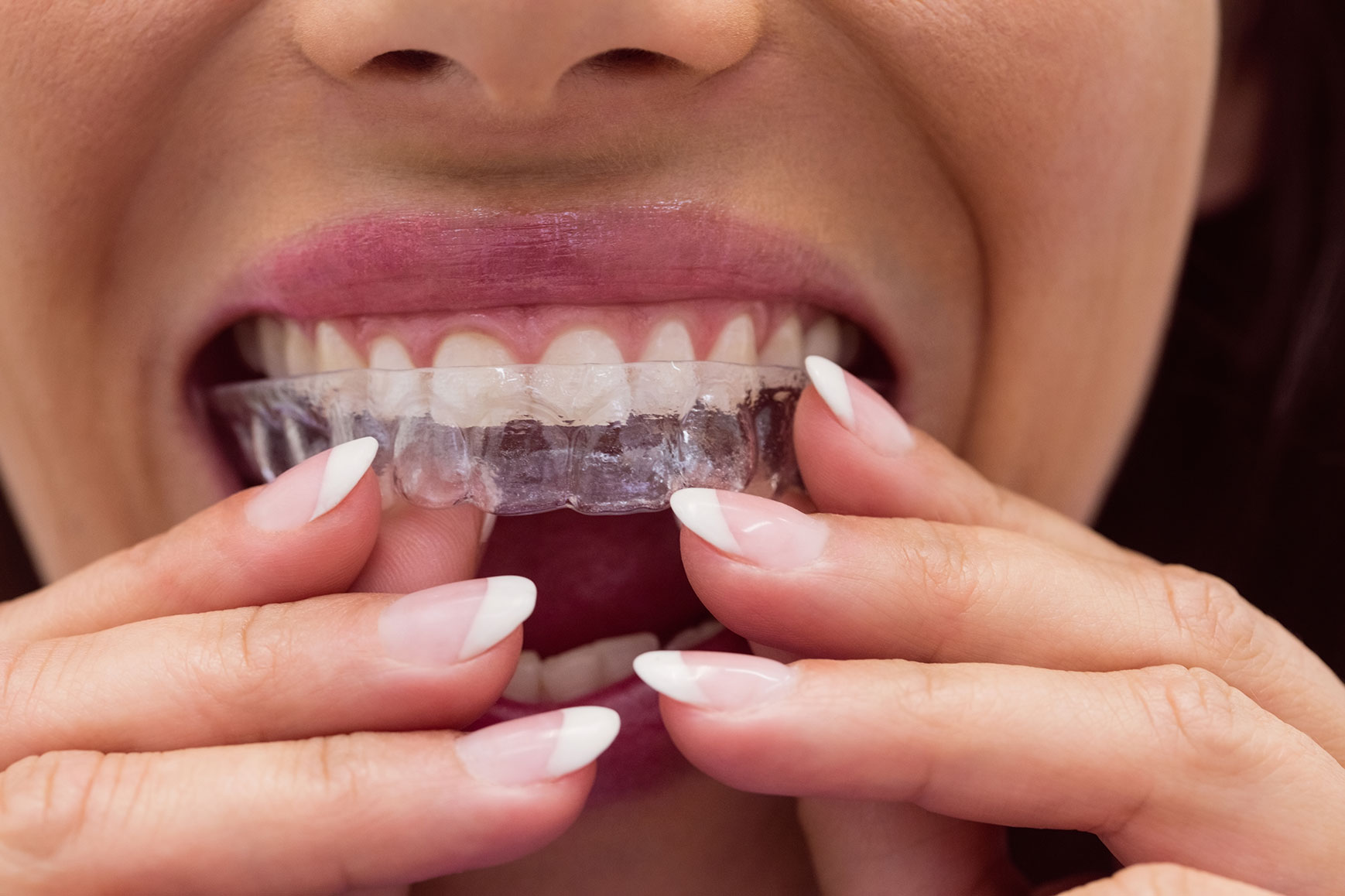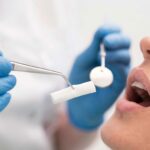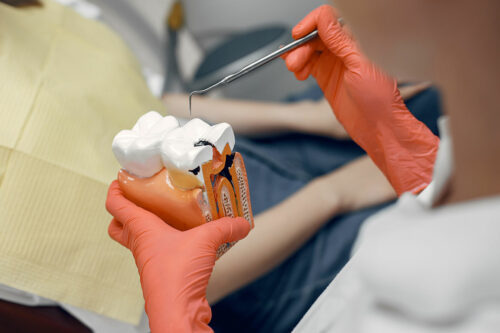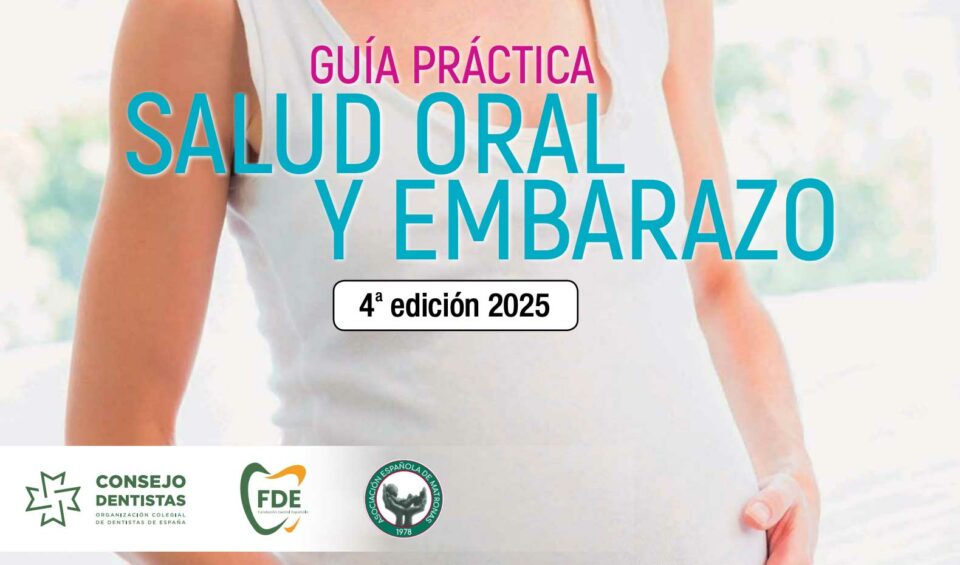1. Bleeding control
It is normal to experience slight bleeding in the first few hours after surgery. To control it:
- Compression: Gently bite down on a sterile gauze pad placed over the surgical site for 30-45 minutes. If bleeding persists, you can repeat the process with a new gauze.
- Avoid rinsing: Do not rinse your mouth or spit for the first 24 hours, as this can dislodge the blood clot that forms and is essential for healing.
- Elevated position: Keep your head elevated while resting to reduce bleeding.
2. Pain management
Pain is a common part of the recovery process, but can be manageable with proper care:
- Medicines: Follow your dentist's instructions for pain medication. Do not skip doses and, if necessary, alternate between different types of painkillers such as ibuprofen and paracetamol for better pain control.
- Cold compresses: Apply an ice pack to the affected area for 15-20 minutes every hour, especially during the first 24-48 hours. This will help reduce swelling and pain.
3. Swelling care
Swelling is a natural response of the body after surgery, but can be minimised with a few precautions:
- Ice: As mentioned above, the use of cold compresses in the first 48 hours is key to reducing swelling.
- Rest: Avoid strenuous physical activity for the first few days so as not to increase inflammation.
- Elevation: Sleeping with your head slightly elevated will also help reduce swelling.
4. Post-operative diet
What you eat after dental surgery can significantly impact your recovery:
- Liquids and soft foods: For the first 24-48 hours, consume only cold liquids and soft foods such as mashed potatoes, yoghurt, cold soups and smoothies. Avoid hot foods that may increase bleeding.
- Avoid hard or crunchy foods: These can irritate the wound and delay healing.
- Hydration: Drink plenty of water, but avoid using straws, as suction can destabilise the blood clot.
5. Oral hygiene
Maintaining good hygiene is crucial to prevent infection, but it must be done with care:
- Brushing: Continue to brush your teeth, but avoid the surgical site for the first 24 hours. After this period, brush carefully around the surgical area.
- Gentle rinses: After 24 hours, you can start rinsing gently with a salt water solution (one teaspoon of salt in a glass of warm water). Do this several times a day, especially after eating.
- Avoid commercial rinses: Do not use commercial mouthwashes unless instructed by your dentist, as they can irritate the operated area.
6. Avoid harmful habits
Certain habits can interfere with your recovery:
- Do not smoke: Smoking delays healing and can increase the risk of infection. Avoid it for at least the first 72 hours.
- Do not drink alcohol: Alcohol can interfere with medication and delay the recovery process.
- Avoid suction: Do not use straws or suck food, as this can dislodge the blood clot and cause a complication known as dry alveolitis.
7. Warning signs
It is important that you know how to identify possible complications so that you can act quickly:
- Excessive bleeding: If bleeding persists after 24 hours or is very heavy, contact your dentist immediately.
- Severe pain: If the pain does not improve with the recommended painkillers or gets worse, you need to report it to your dentist.
- Severe swelling: Swelling that continues to increase after 48 hours may be a sign of infection.
- Fever: Fever is a sign of infection and should be treated immediately.
8. Post-operative review
Your dentist will probably schedule you for a post-operative check-up. This appointment is crucial to make sure everything is healing properly and to address any concerns you may have. Don't skip it.
9. Patience and care
Finally, remember that recovery is a process that takes time. Follow your dentist's instructions to the letter, get plenty of rest and don't rush back to your daily activities. With proper care, you will soon be fully recovered.
At Dentsana Clinic, we are committed to accompanying you in every step of the recovery process. If you have any doubts or concerns, do not hesitate to contact us. We are here to help you achieve a quick and safe recovery.

